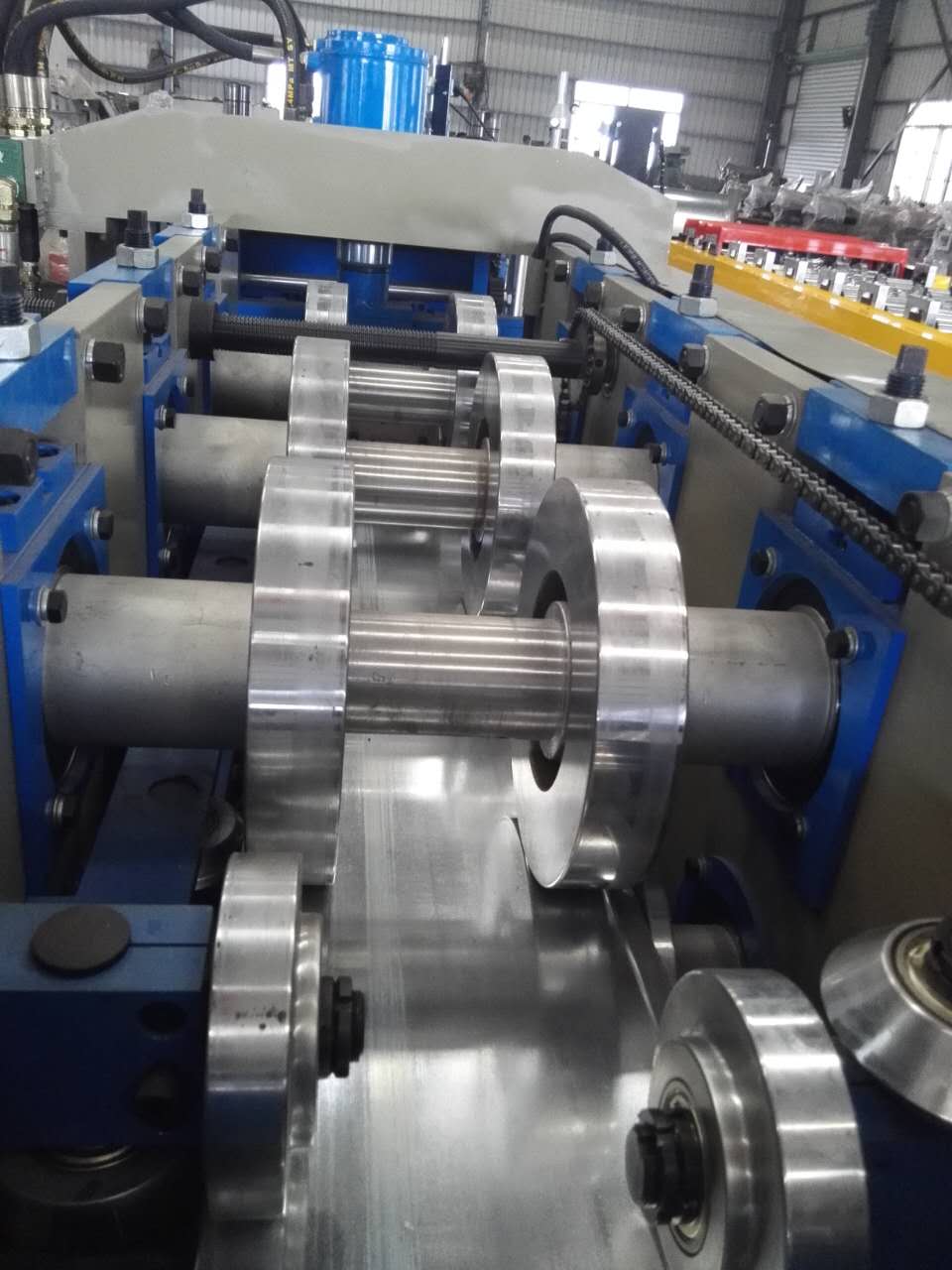
The Evolution and Importance of Guardrail Roll Forming Machines
In the world of manufacturing, machinery plays a crucial role in the production process, particularly in specialized fields such as guardrail construction. Guardrail roll forming machines have emerged as essential equipment in the production of road safety features, ensuring roads are safer for drivers and pedestrians alike. This article explores the significance of guardrail roll forming machines, their functionality, and the innovations driving the industry forward.
Guardrails serve as vital safety barriers on roads, highways, and bridges, designed to protect vehicles from running off the road and to minimize the impact on individuals in case of an accident. To meet the growing demand for effective guardrail systems, manufacturers require highly specialized equipment like guardrail roll forming machines. These machines are engineered to create guardrails of various shapes and sizes by shaping metal sheets into the desired profiles through a continuous process of bending and forming.
The production process begins with a coil of raw material, typically steel or aluminum. This coil is fed into the roll forming machine, where it undergoes a series of die stations. Each station gradually bends and shapes the metal, allowing for precision and consistency in the final product. The end result is a robust guardrail that meets stringent industry standards for safety and durability.
One of the significant advantages of using roll forming machines for guardrail production is efficiency. Unlike traditional fabrication methods, which can be labor-intensive and time-consuming, roll forming enables high-speed production while minimizing material waste. Manufacturers can produce longer lengths of guardrail in a single run, reducing the need for joints and enhancing the structural integrity of the barriers.

Moreover, guardrail roll forming machines are designed to be versatile
. They can be easily adjusted to create different profiles or accommodate varying thicknesses of metal, allowing manufacturers to respond quickly to market demands. This adaptability is particularly crucial in an industry where safety standards and regulations frequently evolve.Innovation continues to play a pivotal role in the development of guardrail roll forming machines. Advances in automation and control systems have significantly enhanced operational efficiency. Modern machines come equipped with digital interfaces and programmable settings that enable precise control over speed, pressure, and configuration, ensuring consistent quality throughout the production process.
Furthermore, the integration of technologies such as machine learning and AI is beginning to transform the way guardrail roll forming machines operate. These technologies can analyze production data in real time, identifying potential issues and optimizing parameters to ensure quality and efficiency. As the industry moves towards smarter manufacturing processes, guardrail roll forming machines are set to become even more sophisticated.
In conclusion, guardrail roll forming machines are indispensable in the production of safety barriers that protect lives on the road. Their efficiency, adaptability, and the continuous innovations in technology underscore their importance in manufacturing. As the demand for safer roadways increases, investing in advanced guardrail roll forming machines will be essential for manufacturers aiming to meet safety standards and improve roadway infrastructure. The future of road safety equipment is bright, with these machines at the forefront of innovation and efficiency.